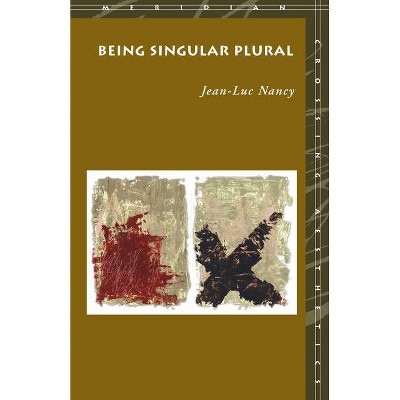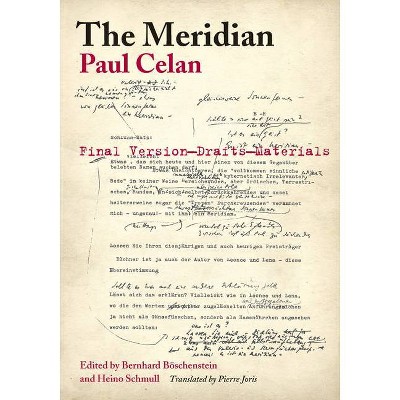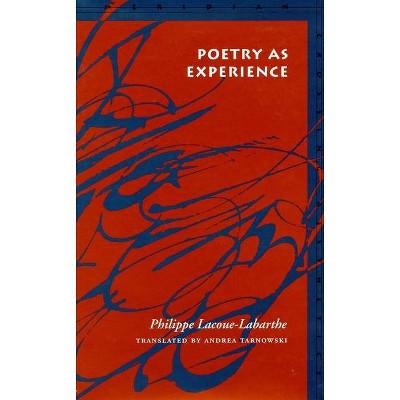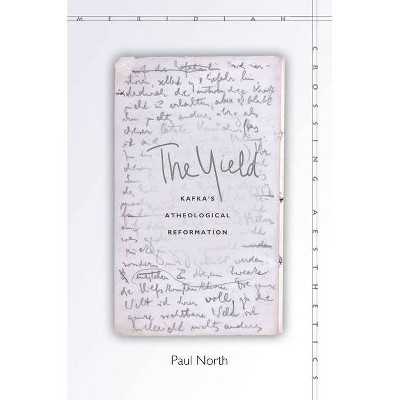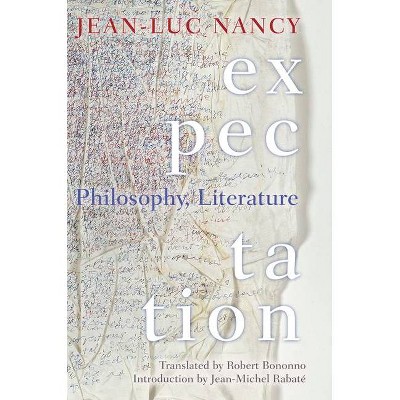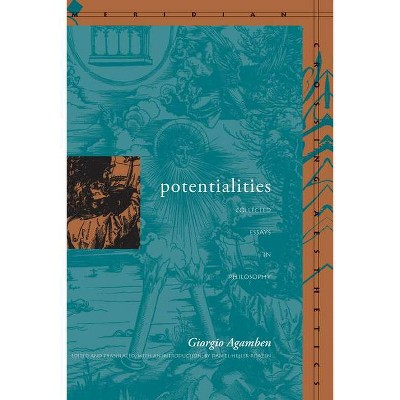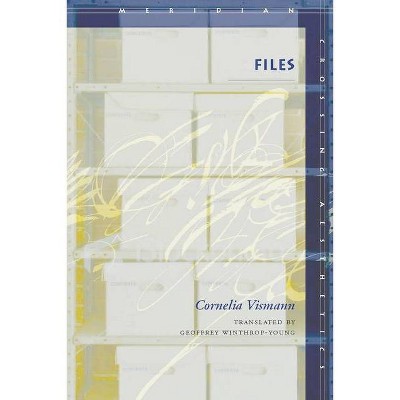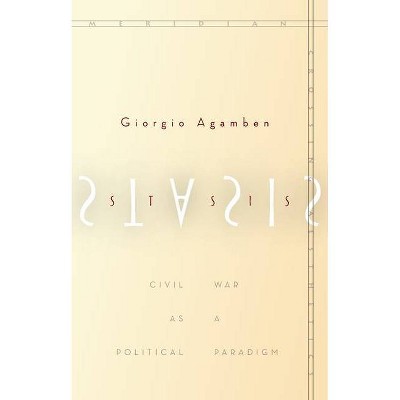The Experience of Freedom - (Meridian: Crossing Aesthetics) by Jean-Luc Nancy (Paperback)
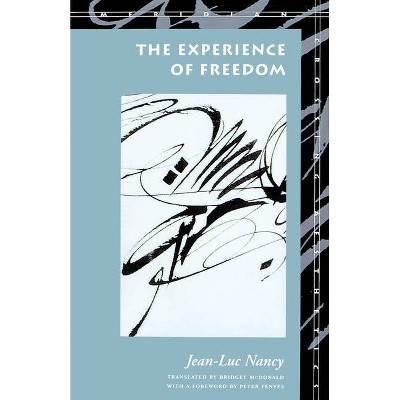
Similar Products
Products of same category from the store
AllProduct info
<p/><br></br><p><b> About the Book </b></p></br></br>The most systematic, radical, and lucid treatise on freedom that has been written in contemporary Continental philosophy, this book combats the renunciation of freedom attested in modern history by articulating the experience of freedom at work in thought itself.<p/><br></br><p><b> Book Synopsis </b></p></br></br><p>This is the most systematic, the most radical, and the most lucid treatise on freedom that has been written in contemporary Continental philosophy. Finding its guiding motives in Kant's second <i>Critique</i> and working its way up to and beyond Heidegger and Adorno, this book marks the most advanced position in the thinking of freedom that has been proposed after Sartre and Levinas. One could call it a fundamental ontology of freedom if freedom, according to the author, did not entail liberation from foundational acts and the overcoming of any logic that determines the way ontology does, by positing being either as self-sufficient position or as subjected to strictly immanent laws.</p> <p>Once existence no longer offers itself as an empiricity that must be related to its conditions of possibility or sublated in a transcendence beyond itself, but instead as sheer factuality, we must think this fact, the fact of existence as the essence of itself, as freedom. The question is no longer Why is there something rather than nothing? Instead, it becomes Why these very questions by which existence affirms itself and abandons itself in a single gesture? If we do not think being itself as a freedom, we are condemned to think of freedom as pure Idea or right, and being-in-the-world, in turn, as a blind and obtuse necessity. Since Kant, philosophy and our world have relentlessly confronted this scission.</p><p/><br></br><p><b> From the Back Cover </b></p></br></br>This is the most systematic, the most radical, and the most lucid treatise on freedom that has been written in contemporary Continental philosophy. Finding its guiding motives in Kant's second "Critique" and working its way up to and beyond Heidegger and Adorno, this book marks the most advanced position in the thinking of freedom that has been proposed after Sartre and Levinas. One could call it a fundamental ontology of freedom if freedom, according to the author, did not entail liberation from foundational acts and the overcoming of any logic that determines, in the way ontology does, by positing being either as self-sufficient position or as subjected to strictly immanent laws. <P>Once existence no longer offers itself as an empiricity that must be related to its conditions of possibility or sublated in a transcendence beyond itself, but instead as sheer factuality, we must think this fact, the fact of existence as the essence of itself, as freedom. The question is no longer "Why is there something rather than nothing?" Instead, it becomes "Why these very questions by which existence affirms itself and abandons itself in a single gesture?" If we do not think being itself as a freedom, we are condemned to think of freedom as a pure "Idea" or "right," and being-in-the-world, in turn, as a blind and obtuse necessity. Since Kant, philosophy and our world have relentlessly confronted this scission.<p/><br></br><p><b> About the Author </b></p></br></br>Jean-Luc Nancy teaches at the University of Human Sciences in Strasbourg, France, and at the University of California, Berkeley.
Price History
Cheapest price in the interval: 26 on October 27, 2021
Most expensive price in the interval: 26 on December 20, 2021
Price Archive shows prices from various stores, lets you see history and find the cheapest. There is no actual sale on the website. For all support, inquiry and suggestion messagescommunication@pricearchive.us
